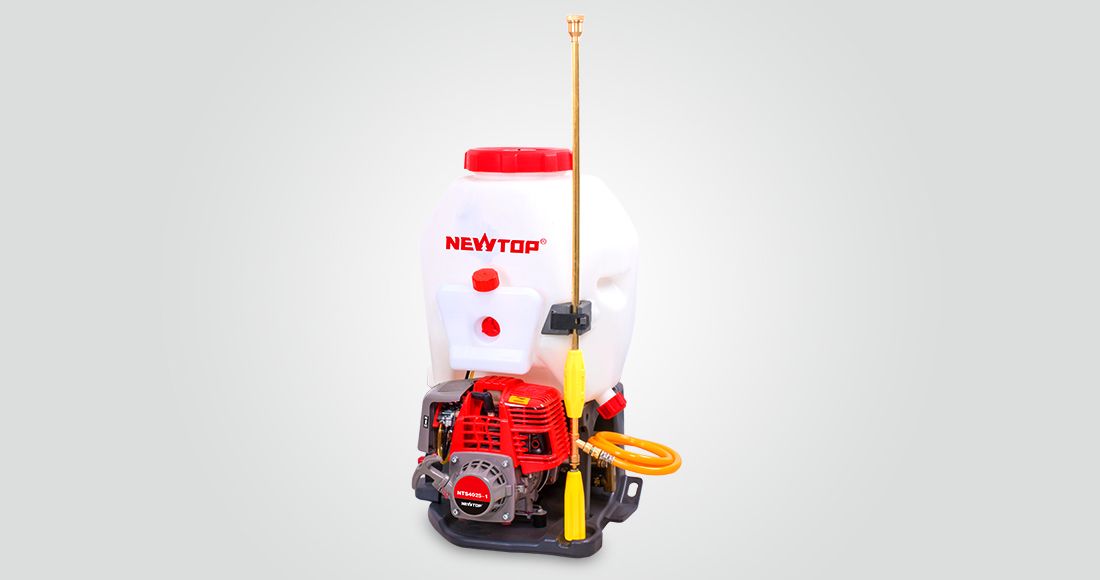The Underrated Skill That Shapes Success

Introduction to Teachability
Teachability is one of those qualities that doesn’t always get the spotlight it deserves, yet it sits at the very foundation of personal growth and professional success. At its core, teachability is the willingness and openness to learn. It’s not just about attending classes or picking up a new skill—it’s about having a mindset that welcomes correction, new perspectives, and the humility to accept that we don’t know everything.
Think about it: the world around us is constantly evolving. Technology changes, workplaces shift, industries transform, and cultural norms adapt. In such a dynamic environment, people who are teachable stand out because they don’t cling rigidly to outdated habits or prideful assumptions. Instead, they remain flexible and open, ready to adjust, unlearn, and relearn as needed. That’s what gives them a lasting edge.
Teachability isn’t about intelligence or raw talent. You can be incredibly smart and still unteachable if your ego gets in the way. On the flip side, you can be an average learner but achieve extraordinary success if you remain humble and eager to learn from anyone and any situation. In other words, teachability is not about capacity; it’s about attitude.
Why Teachability Matters in Personal Growth
When we talk about personal growth, many people focus on motivation, discipline, or goal-setting. While these are important, none of them work effectively without teachability. Growth requires recognizing where you’re lacking and seeking ways to improve. If you’re not teachable, you’ll resist feedback, dismiss advice, and continue repeating the same mistakes.
For example, consider someone trying to develop better communication skills. They can read dozens of books, but if they can’t accept constructive criticism about their tone or body language, they won’t progress much. On the other hand, a teachable person welcomes input—even if it stings a little—because they see feedback as a tool, not a threat.
Teachability also expands your worldview. Every time you learn from others, you step outside your own bubble of assumptions and biases. This opens doors to empathy, creativity, and resilience. Life inevitably throws curveballs, but a teachable person can adapt faster, seeing challenges not as dead ends but as opportunities to learn something new.
Teachability in the Workplace
In a professional setting, teachability is often the difference between someone who merely survives and someone who thrives. Employers consistently say they prefer candidates who are adaptable and eager to learn, even over those with the most polished resumes. Skills can be trained, but attitude cannot.
Let’s take a real-world scenario. Imagine two employees starting the same job. One is technically skilled but resistant to feedback, believing they already know everything. The other is less experienced but open to learning, asking thoughtful questions, and applying feedback quickly. Over time, the second employee is more likely to excel because their teachability allows them to grow into the role and evolve with the company’s needs.
Another workplace advantage of teachability is how it nurtures leadership potential. Great leaders are not dictators of knowledge—they’re perpetual learners. They seek mentorship, listen to their teams, and recognize that innovation often comes from collaboration. Teachability allows leaders to stay grounded and approachable, which in turn creates a culture where everyone feels valued and inspired to learn.
The Role of Humility in Teachability
If teachability had a twin, it would be humility. These two qualities go hand-in-hand. Without humility, you’ll find it nearly impossible to be teachable because learning requires acknowledging what you don’t know.
Humility doesn’t mean undervaluing yourself. It simply means understanding that no matter how much you’ve achieved, there’s always room to grow. The moment you start thinking you’ve “arrived” is the moment you stop learning. This is why even the most accomplished professionals—athletes, artists, entrepreneurs—still seek coaches, mentors, or advisors. They know that success isn’t a finish line but an ongoing journey.
A humble mindset also helps in relationships, both personal and professional. When you’re humble enough to admit mistakes, you build trust. People respect those who can own their shortcomings instead of pretending to be perfect. This openness not only strengthens bonds but also makes it easier for others to share knowledge with you, further fueling your growth.
Barriers to Teachability
As much as we talk about the benefits of teachability, it’s not always easy to cultivate. There are barriers that often get in the way. Recognizing these roadblocks is the first step toward overcoming them.
The most common barrier is ego. Pride can blind us to opportunities for learning. If you believe you already know it all, why bother listening? Unfortunately, this mindset leads to stagnation. Another barrier is fear—fear of looking stupid, fear of failure, or fear of change. People sometimes resist learning because they worry about exposing their weaknesses or stepping out of their comfort zone.
Past experiences can also play a role. Someone who was harshly criticized in the past may develop resistance to feedback, associating it with negativity instead of growth. Similarly, environments that punish mistakes instead of treating them as learning opportunities can make individuals defensive rather than teachable. The good news is that all these barriers can be dismantled with conscious effort, reflection, and practice.
How to Develop Teachability
The beauty of teachability is that it can be cultivated, even if it doesn’t come naturally. Like any skill, it grows stronger the more you practice it.
The first step is to embrace curiosity. Instead of assuming you know everything about a subject, ask questions. Curiosity shifts your mindset from “I need to prove myself” to “I want to discover more.” Simple changes like reading diverse perspectives, engaging in meaningful conversations, and trying new experiences can foster this habit.
Second, practice active listening. Don’t just wait for your turn to speak—really listen to what others are saying. This doesn’t mean you have to agree with everything, but it does mean being open to understanding. Sometimes, the smallest piece of feedback can spark the biggest breakthrough if you’re truly paying attention.
Finally, cultivate resilience. Being teachable means you’ll face moments of discomfort—admitting you were wrong, starting from scratch, or failing publicly. Instead of viewing these as setbacks, see them as stepping stones. Over time, resilience strengthens your ability to stay teachable even when the process feels tough.
Teachability and Lifelong Learning
Teachability naturally connects to the concept of lifelong learning. In today’s fast-paced world, where industries evolve rapidly and technology shifts almost daily, staying stagnant is not an option. Lifelong learners remain relevant because they never stop seeking knowledge and adapting their skills.
Think about how many careers today didn’t even exist a decade ago—social media managers, app developers, AI specialists, or even sustainability consultants. The people who thrive in these roles are those who were willing to learn something new, often outside their original field of expertise. Their teachability positioned them to seize opportunities others overlooked.
Lifelong learning also brings joy and fulfillment. Beyond career benefits, being teachable keeps your mind sharp, your curiosity alive, and your life enriched with new experiences. Whether it’s picking up a new language, learning to cook, or exploring philosophy, teachability ensures that growth becomes a lifestyle rather than a phase.
The Ripple Effect of Teachability
One of the most overlooked aspects of teachability is its ripple effect. When you’re teachable, you don’t just benefit yourself—you influence others around you. Your openness to learn sets an example, creating a culture where people feel encouraged to do the same.
In families, teachable parents raise children who value learning and adaptability. In schools, teachable students inspire their peers by showing that curiosity is cool. In workplaces, teachable employees make collaboration smoother and innovation more frequent. The ripple effect of one person’s teachability can shape entire communities.
This ripple effect also works in reverse. When you resist learning, you inadvertently send a message that change and growth are not valued. This can stunt not only your own progress but also the progress of those around you. By choosing teachability, you’re contributing to a healthier, more dynamic environment wherever you go.
Conclusion: Choosing Teachability Every Day
Teachability isn’t a one-time decision; it’s a daily choice. Each day brings new opportunities to learn, whether from mistakes, feedback, or experiences. The key is to approach life with humility, curiosity, and resilience.




